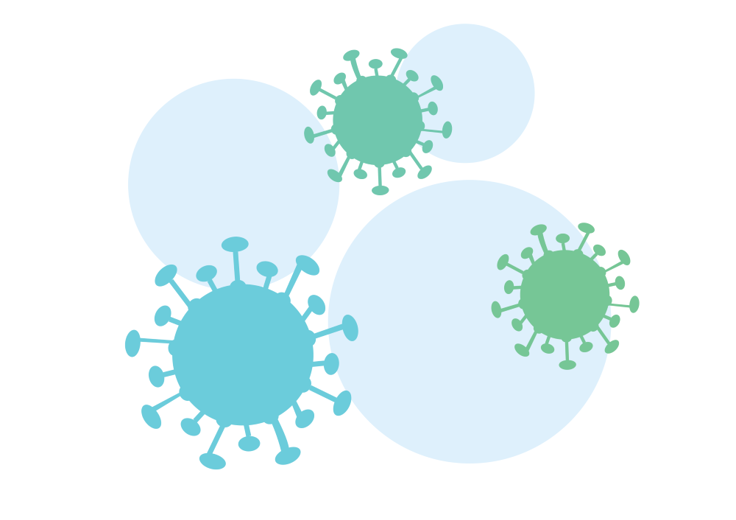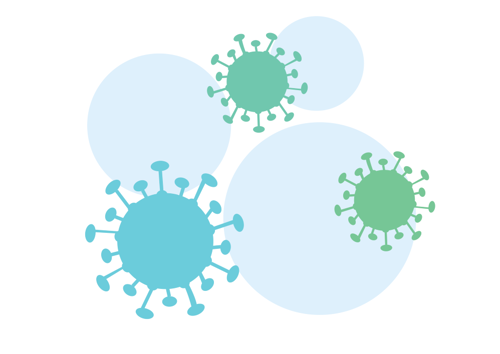Newly-arisen respiratory tract symptoms, COVID-19 testing and positive test results
Article in report/guide
|Updated
This content is archived and will not be updated.

Symptoms of respiratory tract infections can begin with vague symptoms such as headache and blocked nose or more classic influenza-like symptoms such as fever, cough, sore throat and feeling unwell. A variety of viruses and bacteria can cause these infections.
Symptoms of respiratory tract infection can begin with vague symptoms such as headache and stuffy nose, or symptoms such as fever, cough, sore throat and impaired general condition. Many different viruses and bacteria can cause respiratory infections.
What should you do with newly arisen respiratory tract symptoms?
- Stay home with newly-arisen respiratory tract symptoms if you feel unwell. You do not normally need to test yourself, but you should stay at home until you feel better.
- For certain groups with a higher risk of developing serious disease, drug treatment may be appropriate. This is described in this article: About coronavirus testing.
- Mild residual symptoms such as runny nose, mucus, hoarseness and some coughing are fine.
- Contact your doctor if you are concerned about your own health or that of your child.
- To reduce the risk of infecting others, you should have good hand hygiene and cough etiquette.
- Avoid contact with people at risk when you have newly arisen respiratory tract symptoms.
- Families with newborns and babies should avoid visitors with respiratory tract symptoms.
- If you have taken a test that comes back positive for COVID-19, the same advice applies: Stay at home if you feel unwell.
- For people at risk, other advice may apply:
- Advice for pregnant women:
- If you work in healthcare, you should follow advice from your work place and NIPH's advice for health services.
- More about COVID-19 Certificate

